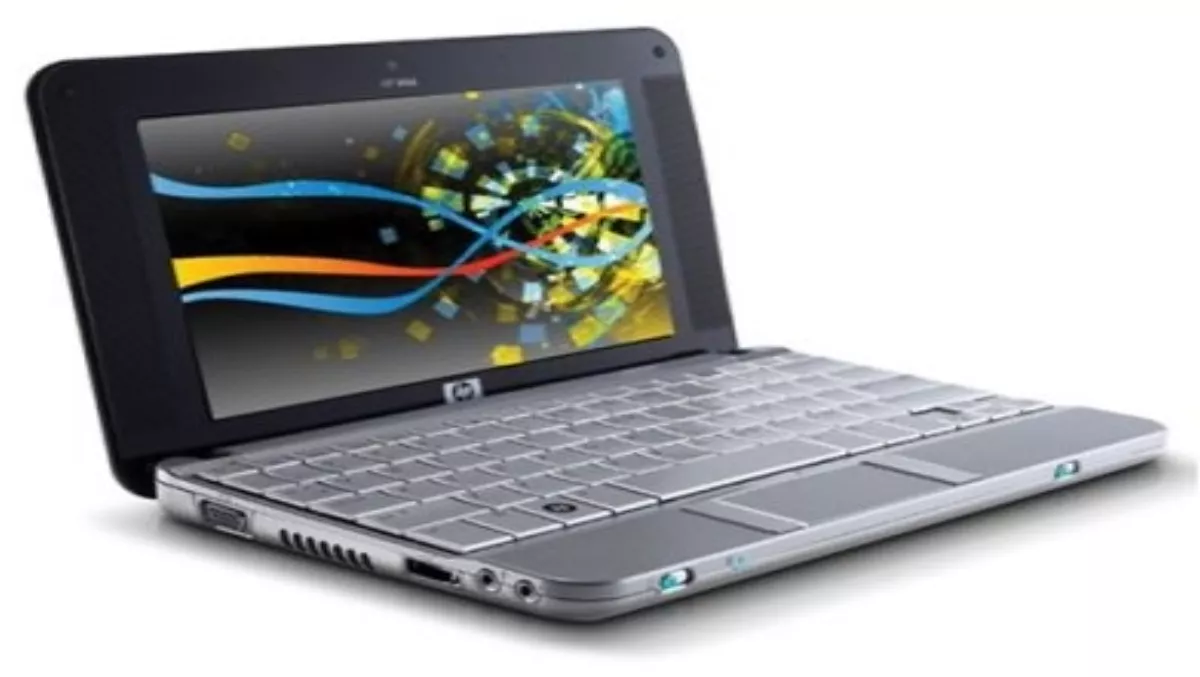
Will the smartphone Make the netbook extinct?
In a workplace that is becoming ever more mobile and a society that craves to be connected 24/7, there is the need for business devices to match these requirements. People working in small to medium size businesses looking to invest in devices that meet these needs face the ongoing debate about what to spend their money on: functional netbooks or ultra-portable smartphones?
Netbooks appear to have hit a sweet spot for both the consumer and the business user. Their low price, almost full-size QWERTY keyboards and built-in applications mean that many people can leave their heavier notebook behind. Their batteries can last longer than bigger and more powerful notebooks, they are easier to carry around and they can run the same operating system already in use on most desktop computers.
Smartphones are also hugely appealing. Smaller in size, they can easily fit in your pocket and carry out the basic functions of a normal PC, using necessary applications. But in many ways, smartphones haven’t fully reached their potential - and many users will never get past the small screens, slower processing speed and small keyboards.
Recently the introduction of slates and tablets to the mix has added another dimension to the range of devices available. These devices help bridge the gap between smartphone and netbook.
It’s important to explore all the options before making decisions about what devices to invest in:
Boot-up time: The average smartphone boots up in about 10-15 seconds, whereas netbooks can sometimes take up to several minutes.
Battery Life: The average netbook battery can now last up to 10 hours, meaning it can definitely meet your needs for a day of meetings outside of the office. Typically a smartphone is on and ready to roll all the time, and its battery can last for days at a time in standby mode.
Price: These devices are fairly comparable, with netbooks now being bracketed in the same price range as smartphones.
Keyboard/screen comfort: The winner is clear here: netbooks are considerably more comfortable to use than smartphones. The biggest appeal for netbooks is their small size and weight - often a perfect compromise between a PDA and a standard-size notebook.
Document editing: If you’re doing any more than texting, small emails or reviewing spreadsheets, you’ll want a netbook to work on. You will find many of today’s smartphones can already view Microsoft Office documents; with some models you can edit right out of the box, while others require third-party software for this purpose. Either way, it’s only good in moderation.
Email: A smartphone with a QWERTY keyboard is sufficient for sending and receiving short emails, but if you need the option of reading large attachments or to send more heavy weight documents, the netbook may suit your needs better.
Instant messaging: A couple of quick chats are probably fine on a smartphone. Anything longer and you’ll wish you had a netbook keyboard.
Connecting to the Web: Netbooks run full-blown web browsers, so they’re perfect for this purpose, and realistically even the larger 3.5-inch screens of some smartphones can feel tiny after 30 minutes of pinch zooming, flicking, and scrolling.
Multitasking: Although many smartphones are excellent at multitasking, they still don’t have the processing power of netbooks. Smartphones are not designed for running multiple applications while swapping between wi-fi and a data network for long periods of time. This is when the netbook works well as a ‘companion device’, allowing you to share information with clients during meetings and to work through things together, which can be more awkward on the smaller screen of a smartphone. Customers will use a more traditional notebook or desktop, and use the netbook when they require extra mobility and portability. The ability to synchronise data and files between the two devices makes this usage model more feasible. Many users do, however, find that a netbook provides sufficient power and functionality to address all their needs in a mobile platform.
At the end of the day it will come down to the individual needs as to which product is going to suit best.
Simon Molloy is Market Development Manager for Business Notebooks at HP New Zealand.
For more info visit www.hp.co.nz

